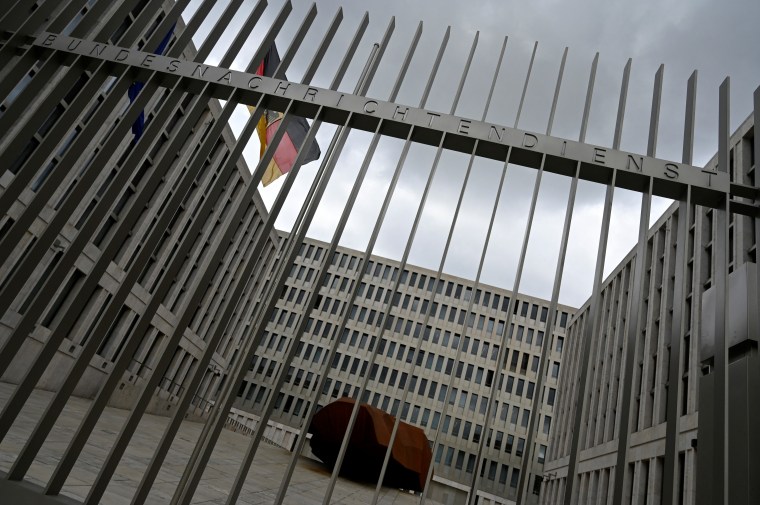Berlin, June 16, 2021—The Committee to Protect Journalists expressed concern after Germany’s Bundestag, or lower house of parliament, removed legal provisions that exempted journalists from surveillance during terrorism investigations.
Amendments to Germany’s Federal Constitutional Protection Act — approved on June 10, 2021 — give domestic and foreign intelligence services and the federal police powers to secretly monitor a target’s online activity, including encrypted communications, according to local news reports. Though the surveillance powers are subject to strict conditions during terrorism investigations, the amendments removed prohibitions on intelligence agencies hacking journalists’ computers and smartphones, according to German news site netzpolitik.org.
“Germany must immediately restore protections for journalists in order to prevent government surveillance of their devices and communications,” said CPJ Europe and Central Asia program coordinator Gulnoza Said, in New York. “Journalists need to know that their communications are secure and private to protect the anonymity of their sources.”
According to netzpolitik, the law allows authorities to monitor a target’s communications from the point that they obtain access using spyware – a kind of malware designed for monitoring that can be installed on a device without the user’s knowledge. Internet service providers could be required to help install the malware, according to netzpolitik.
CPJ has previously warned that the law would undermine basic journalistic rights. Lawyers and experts told netzpolitik that they intend to file a constitutional complaint on press freedom grounds against the legislation to the country’s highest court.
In German law, the Federal Constitutional Court (Bundesverfassungsgericht) can decide whether new legislation violates citizen’s rights laid down in the constitution, the Basic Law, according to CPJ’s review of the court’s duties published on its website.
In an email to CPJ received after publication, Marek Wede, a spokesperson for the Federal Ministry of the Interior, disputed that analysis that journalists and their sources were not protected and said there were still limits on the way intelligence agencies could surveil journalists.
[Editor’s Note: The last paragraph has been updated with the Ministry of the Interior’s response.]
